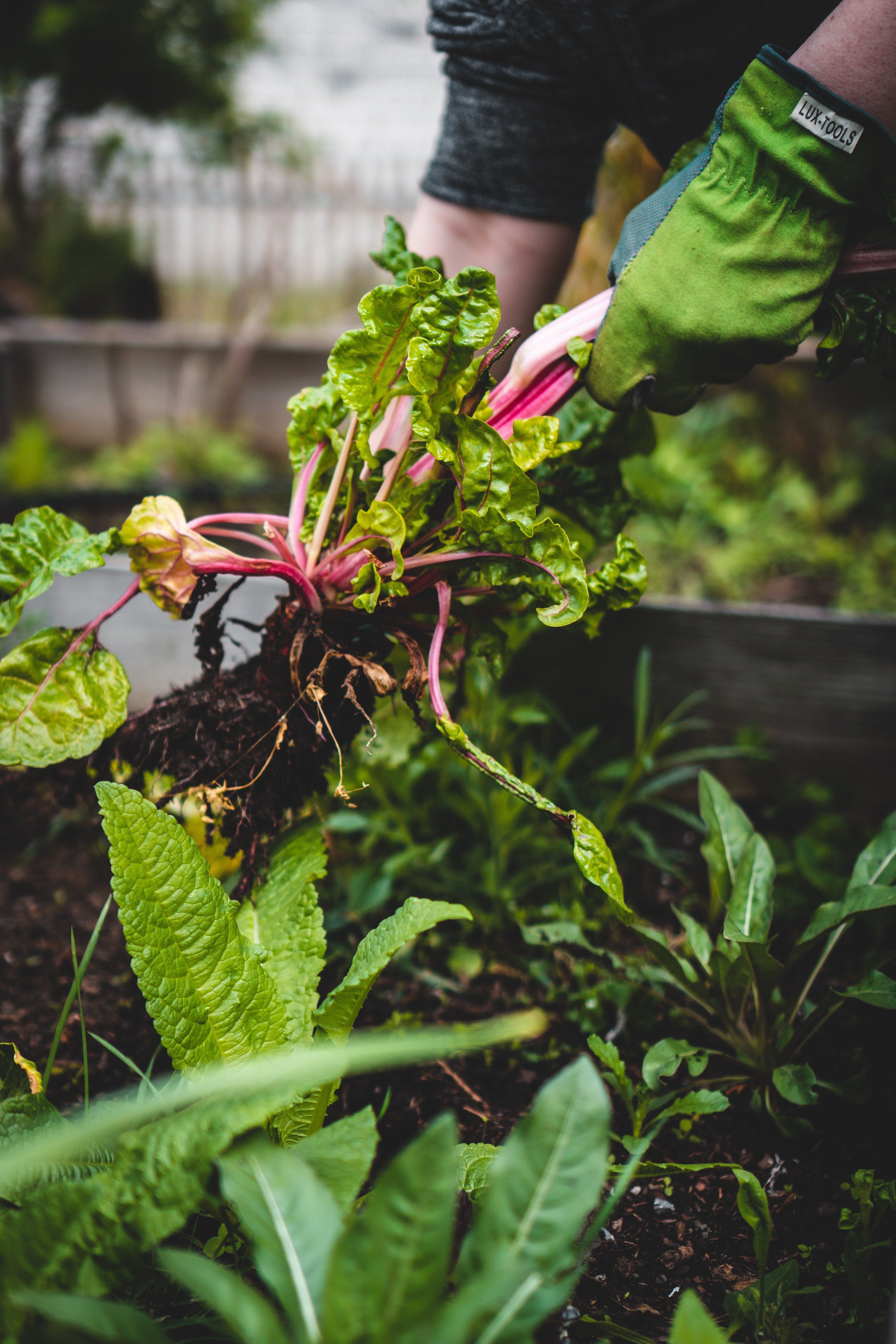
Drought is considered the greatest threat to farmers growing field crops, the frequency and severity of which has increased worldwide.
Agriculture and water resources in an over warming scenario have been the subject of research, with direct losses suffered by 1.5 billion people being estimated at US $124 billion from 1998 to 2017. Therefore, water scarcity is a critical concern in agriculture due to its direct impact on crop yield, which directly affects the worldwide economy.
A biostimulant (BS) is understood as any compound, microorganism or mixture of them, with the exception of fertilizers and pesticides.
BSs are commonly ecofriendly substances and inert for the ecosystems, their utilization is widely reported in the literature as enhancing tolerance against stress or increasing yield in the field.
Regarding plant health, BSs are presented as a good alternative to achieve the yearly EU goals announced in the communication: “A Farm to Fork Strategy for a fair, healthy and environmentally-friendly food system”. A good example of this way of thinking is L-pyroglutamic acid utilization (Pyr), which is able to save 30% of water requirements, reaching higher yields. However, to be effective, weekly treatments of 500 g per hectare are required.
These involve an extra cost per hectare of 20€ each week to reduce watering by 30% with some losses in yield. One of the main reasons is probably the easy degradability of BSs. Indeed, the application of pure bioactive compounds is also very limited due to their fast release, low solubility, and poor bioavailability.
An alternative to counteract these disadvantages is nanoencapsulation. The present project is a novel interdisciplinary approach to this, which aims to multiply BS effectiveness and reduce agricultural costs, by constructing a Nanostimulant (nanoparticle that encloses a BS). It updates traditional BS applications in the field by using the most advanced nanoencapsulation techniques

PhD in Plant Science
Centre for Sustainable Agriculture and Food Technology (ISOPlexis) - University of Madeira
Marie Curie Fellow
Graduated in 2008 from the University of La Laguna. Obtained in 2013 his doctoral thesis at the Institute of Natural Products and Agrobiology of the CSIC (Spain).
His research activity began after the discovery of some of the properties of Menadione Sodium Bisulfite, which is capable of increasing tolerance to salinity stress in plants after a single treatment. This was the subject of an international patent in 2010. The study of the mechanisms of action allowed him to obtain a doctorate, focusing not only on increasing tolerance but also describing the interaction of the compound with the plant. In 2016 he registered his second international patent, in this case using non-proline cyclic amino acids in order to help the plant enhance the osmotic adjustment.
Both patents, after his license in the company, allowed me to enter the world of the Agrochemical Industry, starting to work in 2015 at the Biovert S.L Company located in Lleida (Catalonia).
In 2017, he was awarded with a Torres Quevedo postdoctoral grant from Spanish Science Ministry of Science and Technology for the period 2017-2020.
Currently, he is on leave from said company to carry out a Marie Skłodowska-Curie Actions postdoctoral fellow at the University of Madeira, specifically at the Centre for Sustainable Agriculture and Food Technology (ISOPlexis), to carry out the project “Biostimulants nanoencapsulation to increase yield under drought stress” until March 2024.
Dr. Jiménez-Aris is coauthor of 16 scientific manuscripts and actually is reserve at the Expert Group for Technical Advice on Organic Production from the European Community